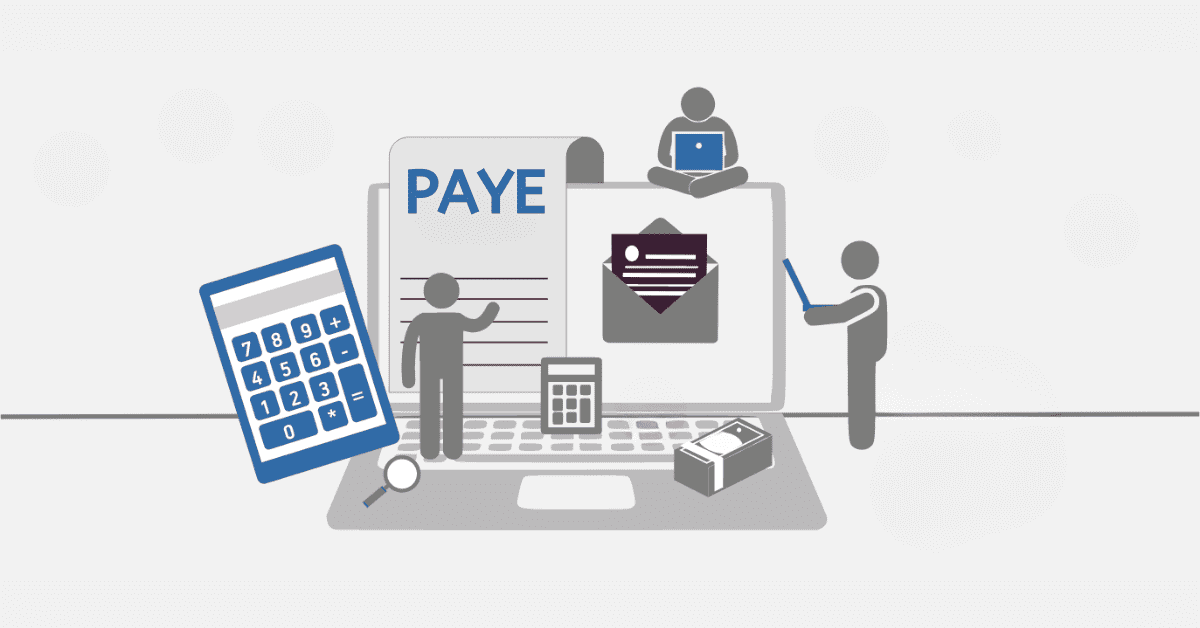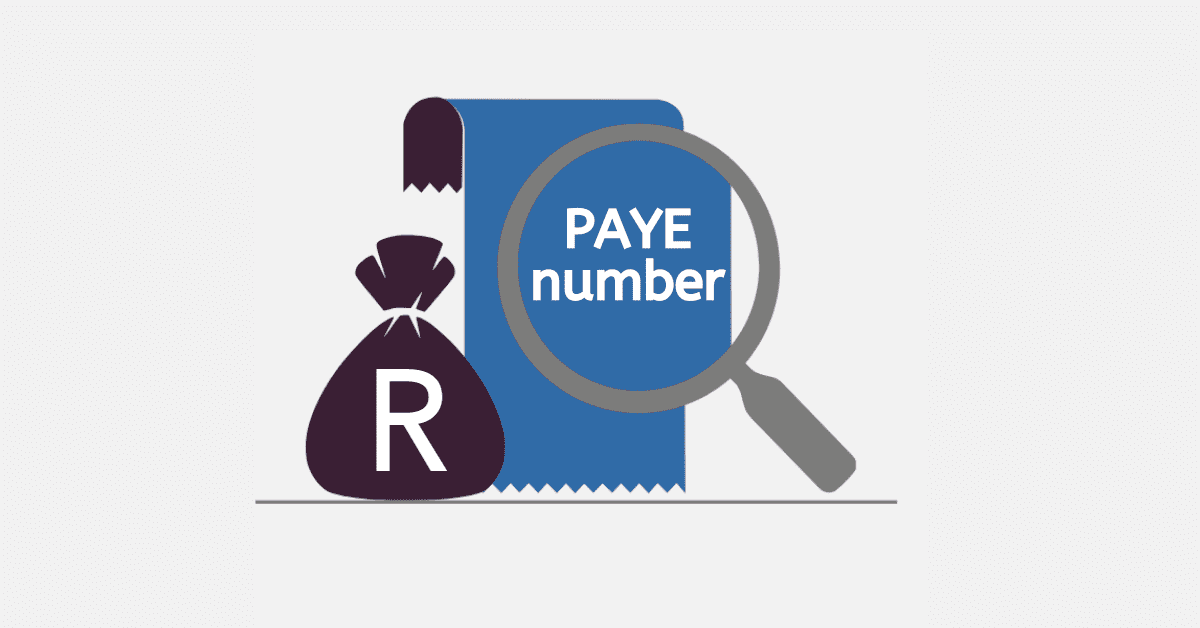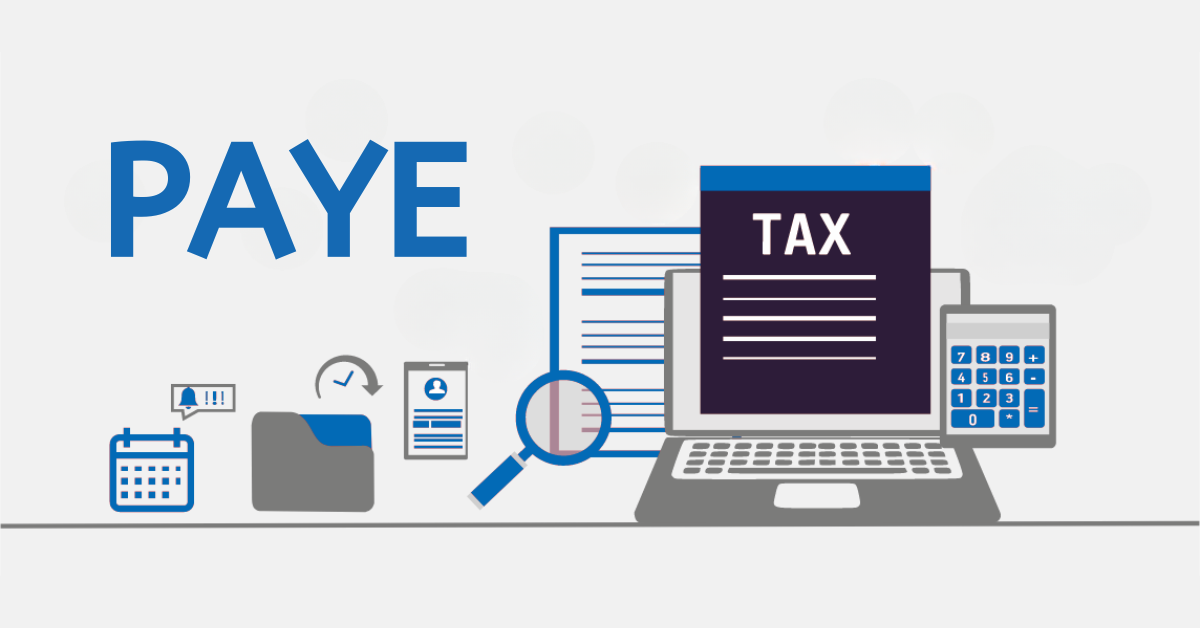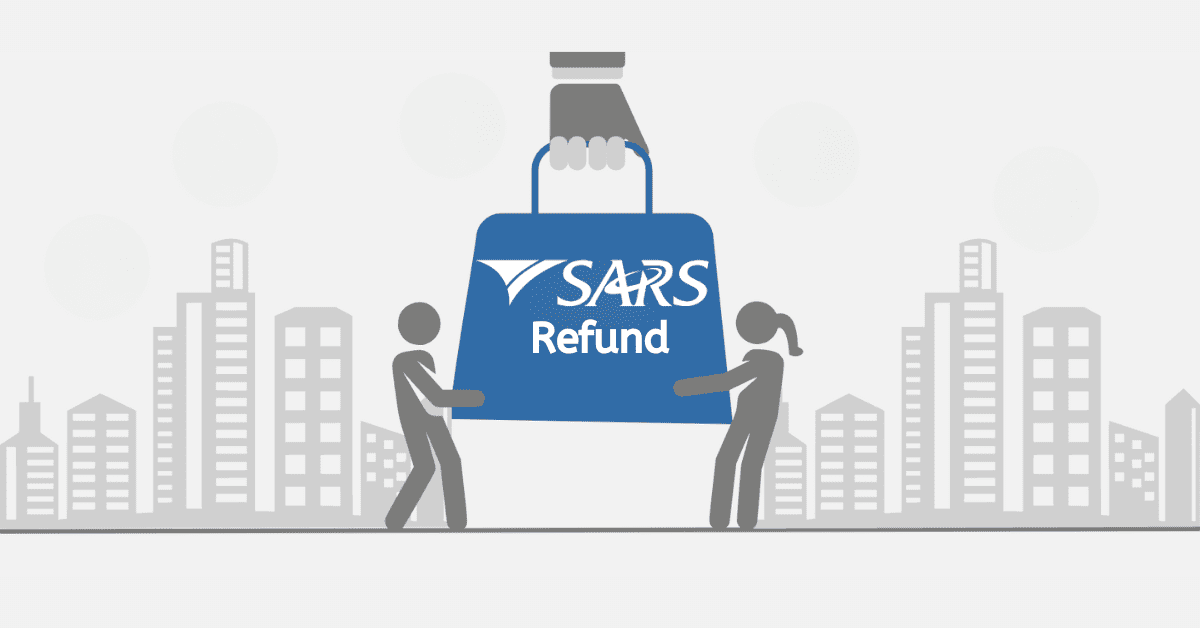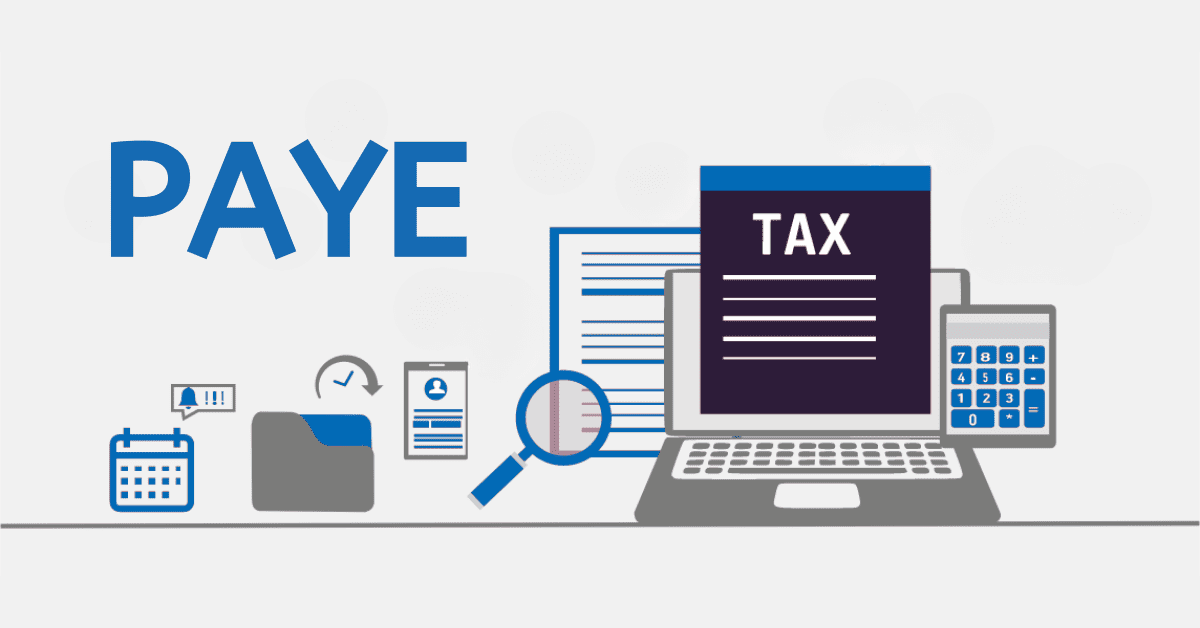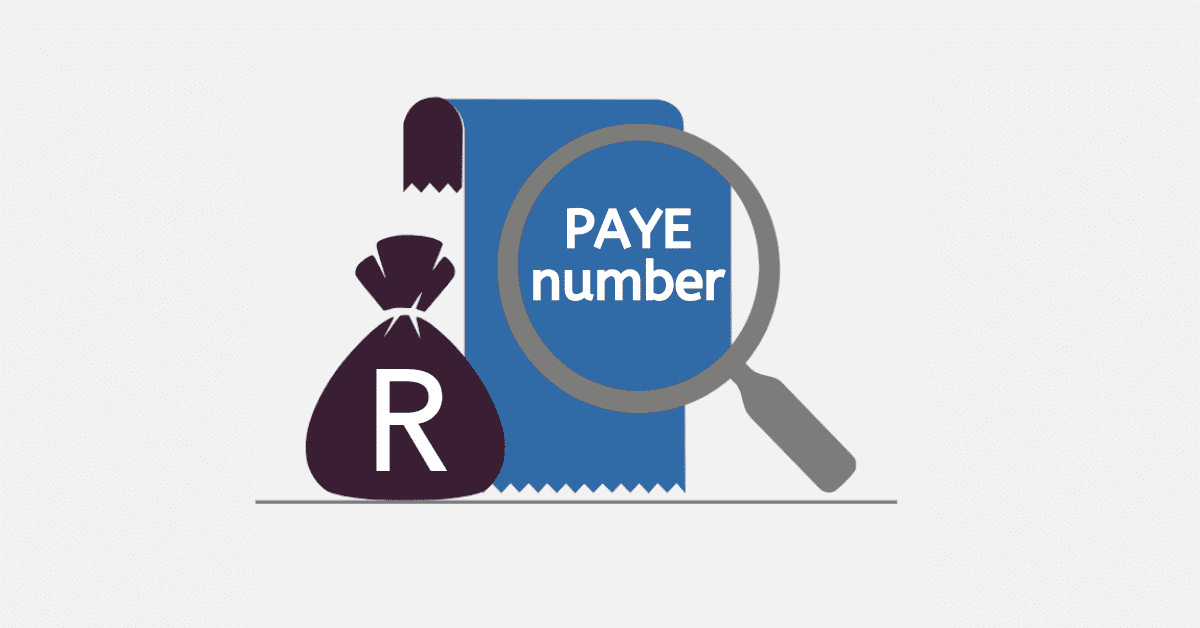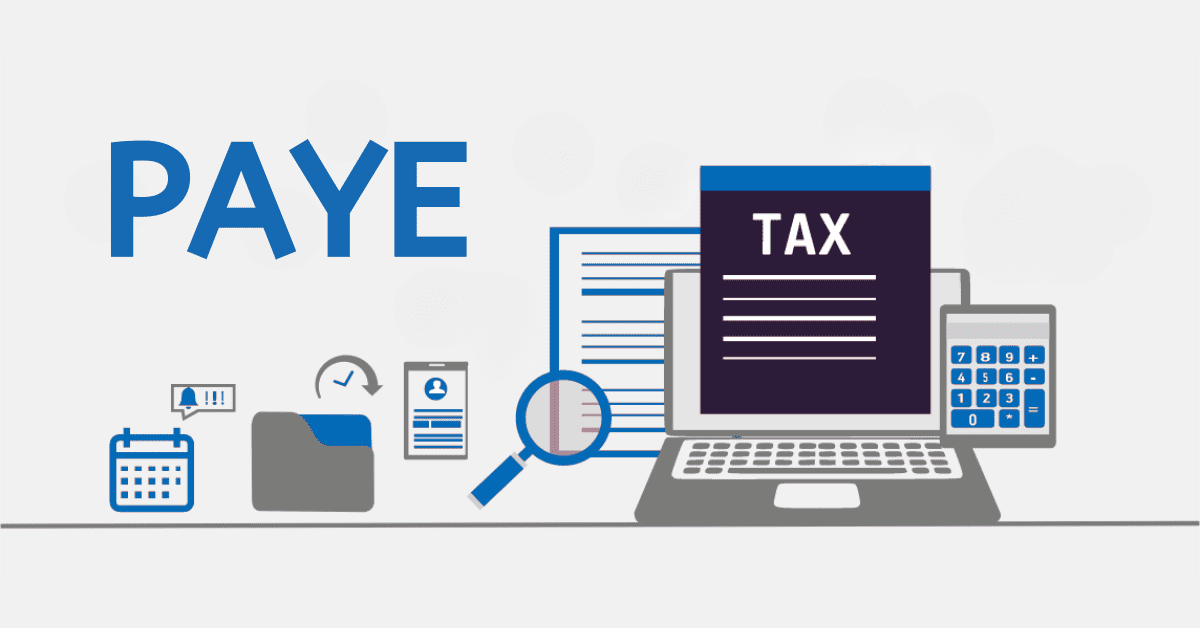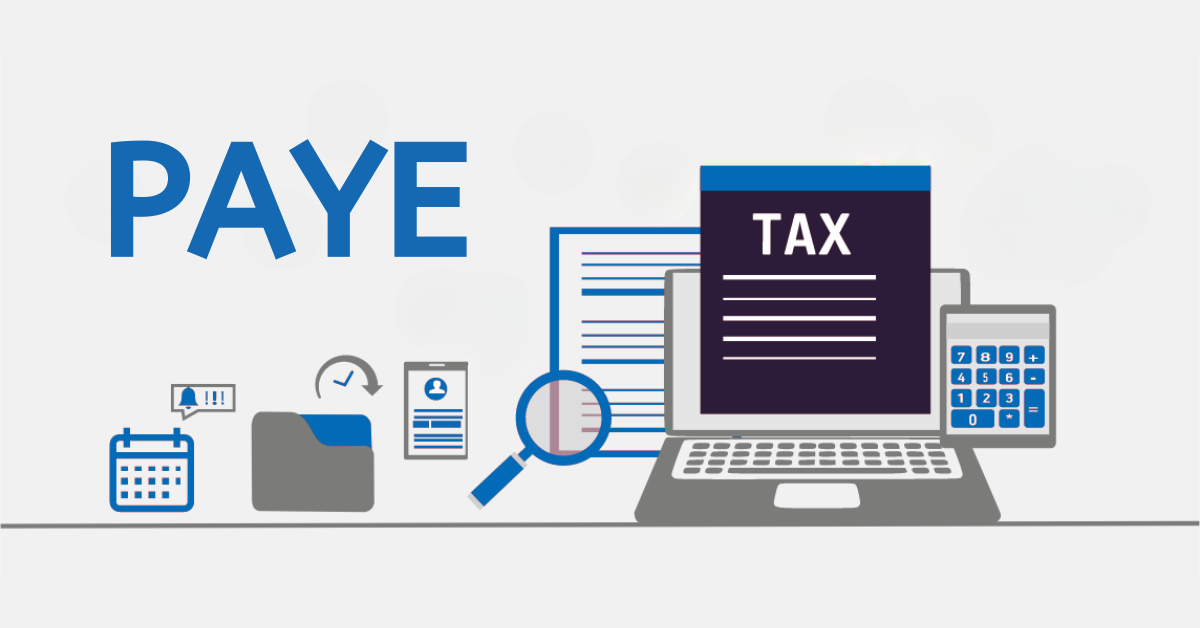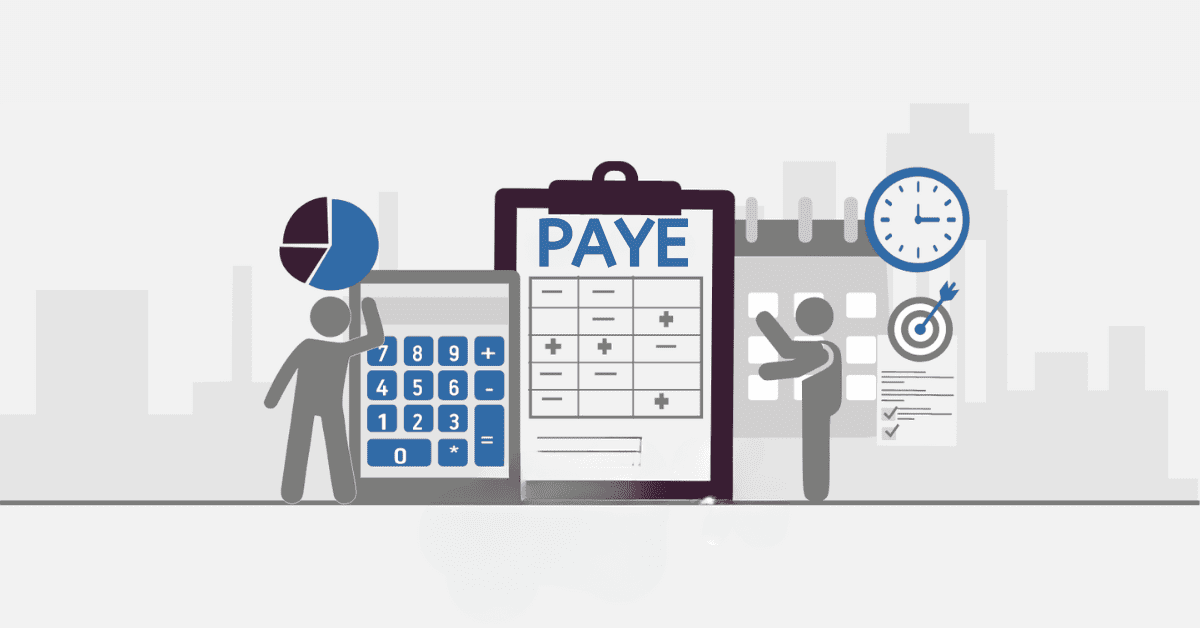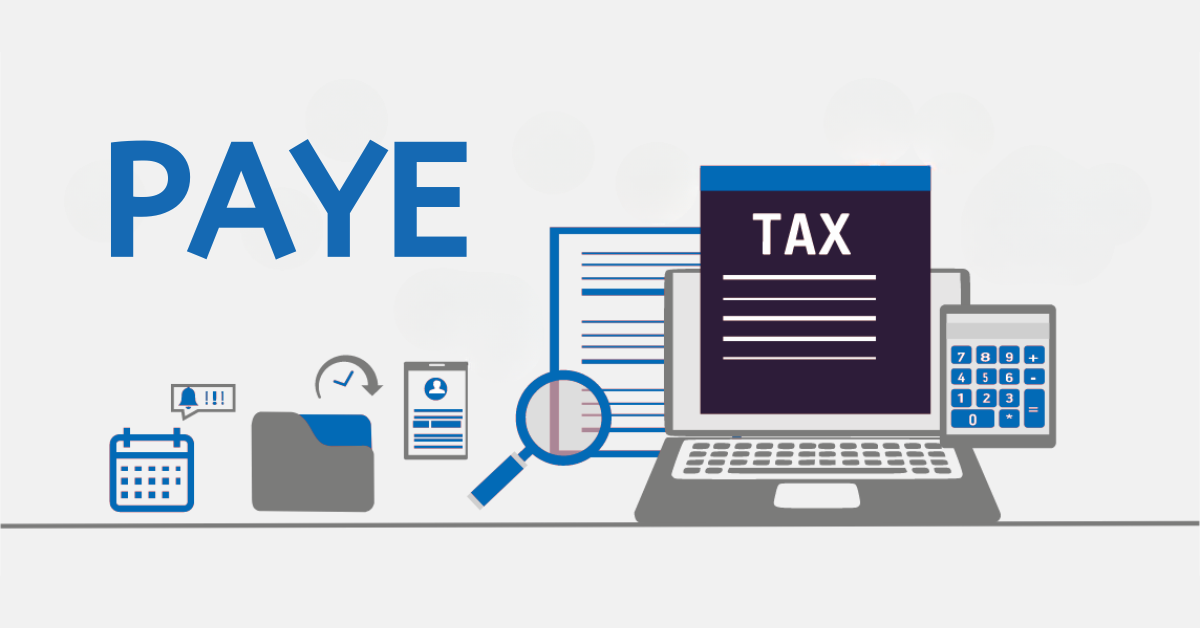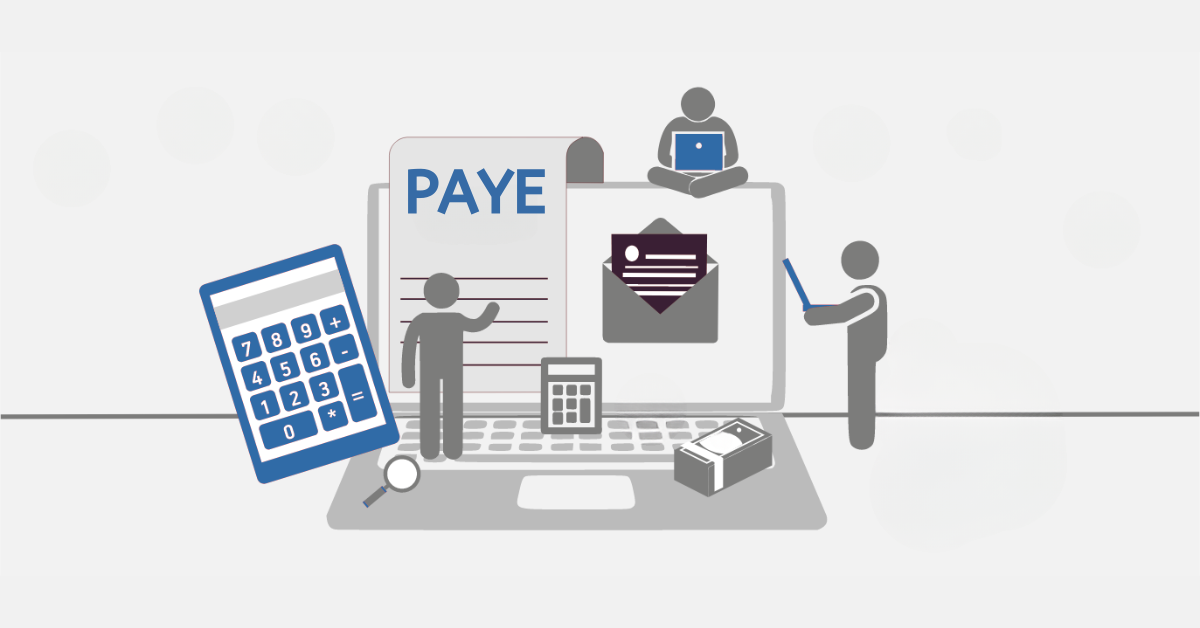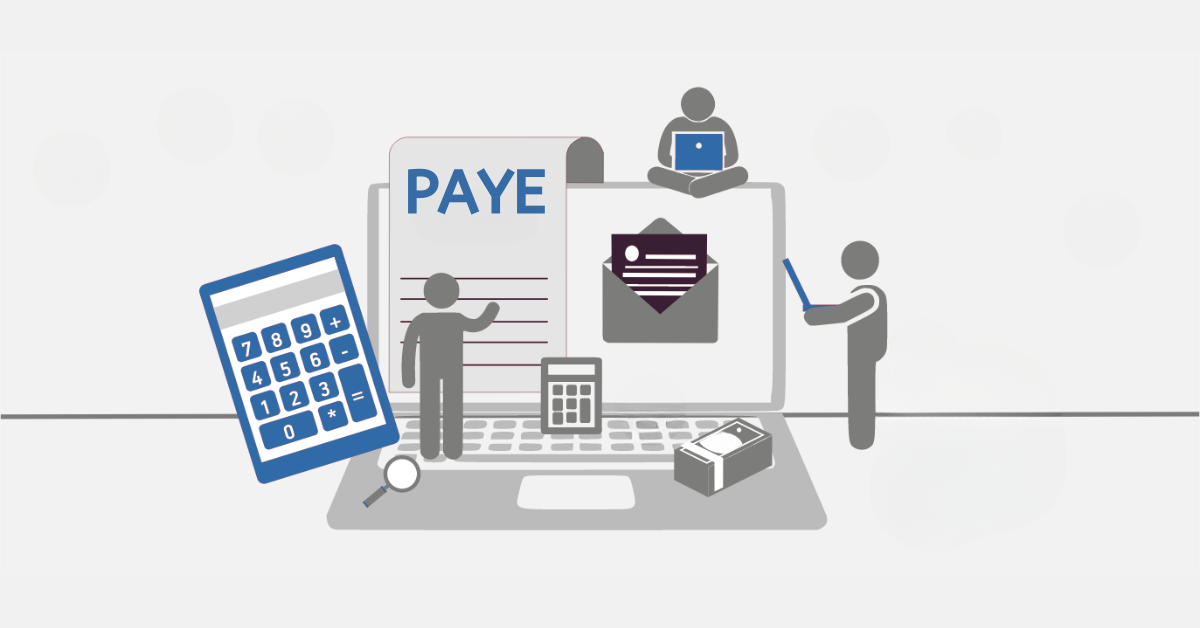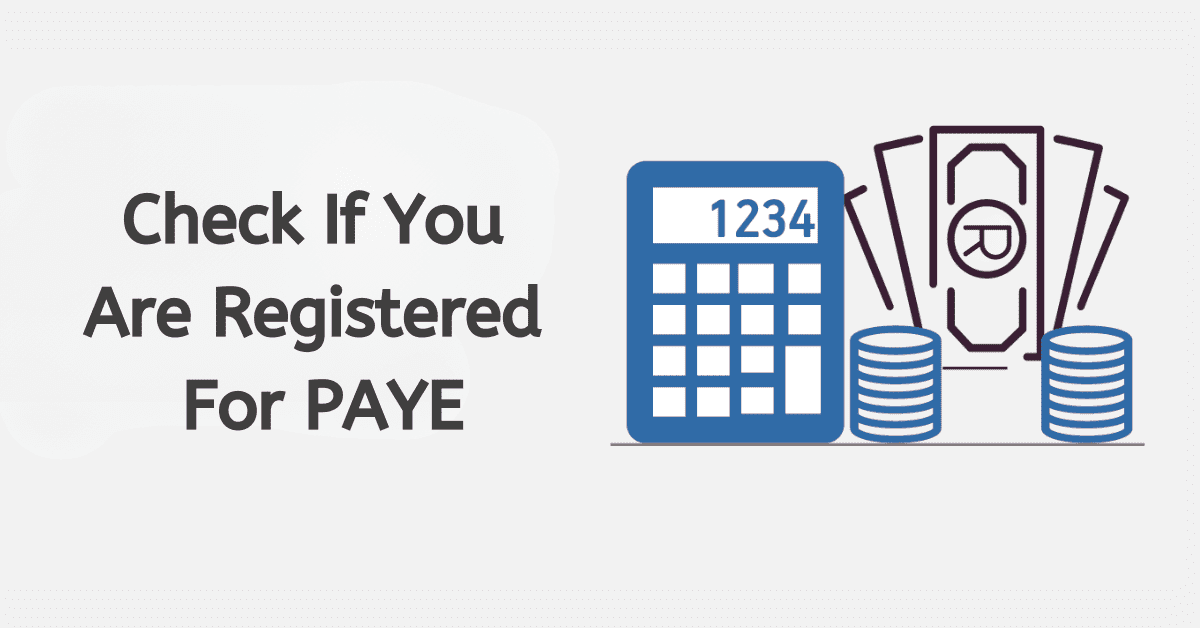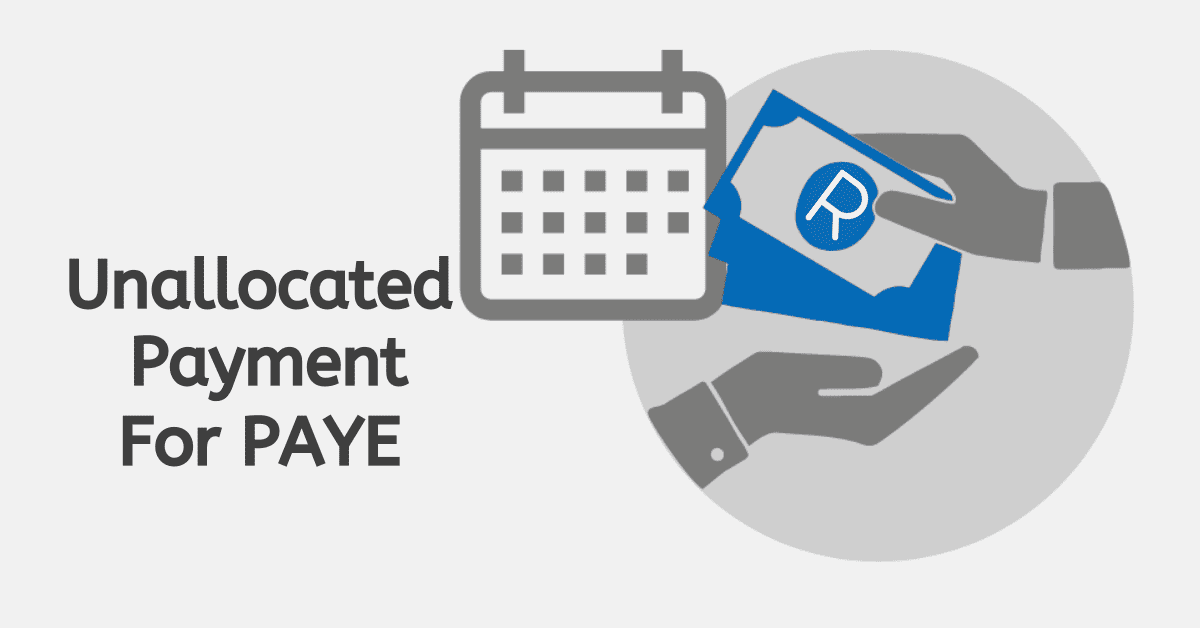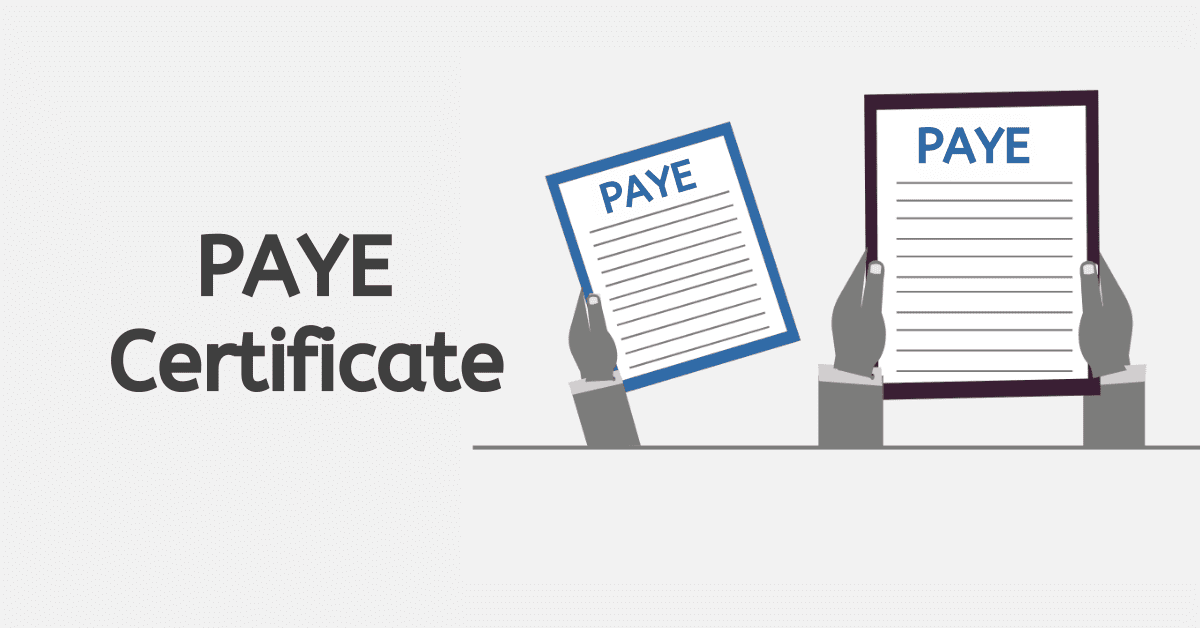Understanding and applying for PAYE in South Africa is essential for both businesses and employees. PAYE, also known as Pay As You Earn, is a tax that is taken out directly from employees’ salaries.
Its purpose is to ensure that individuals make regular and timely contributions to the national revenue. The application process is designed to be efficient, making it easy for businesses to register with the South African Revenue Service and meet all tax regulations.
In addition to meeting legal requirements, PAYE provides several benefits, including streamlined tax management and the promotion of a business environment that encourages compliance.
This system helps individuals contribute to social security and provides employees with access to benefits such as pension funds and medical aid. By embracing PAYE, not only can businesses ensure that they are compliant with regulations, but they can also contribute to a strong financial ecosystem that supports South Africa’s economic growth.
What Documents Are Needed to Apply For A PAYE number?
PAYE, also known as Pay As You Earn, is a tax deduction system designed to ensure that employees’ income taxes are collected consistently throughout the year. This system prevents the accumulation of a large tax bill at the end of the year by spreading out the tax payments over regular intervals. In order to start this process, interested employers must interact with the South African Revenue Service and submit a detailed set of documents to establish their tax profile.
To start the application process, you will need to fill out a specific PAYE application form. This form is essential and serves as the basis for submitting your application. You can access this form on the SARS website or at your local SARS offices. It collects important information about the employer and serves as the foundation for the following documentation.
Below is the comprehensive list of documents needed to apply for a PAYE number in South Africa.
- Clear copy of a valid identification document (your driver’s license, passport, temporary ID, etc).
- Original identification document required for branch visits.
- Copy of the birth certificate. ( For minors)
- Copy of one parent/guardian’s identification document. (For minors)
- In case of a deceased parent, provide the death certificate along with the appointed guardian’s details. (For minors)
- Letter confirming legal guardianship or a court order. – Legal guardianship
- Representation by Tax Practitioner/Representative – Legal guardianship
- Complete the EMP101e form for payroll taxes.
- Company details, including company heads, company address, employee list etc.
How do I get a SARS PAYE number?
Is it simple to get a SARS PAYE number? How does one get a SARS PAYE number?
Certainly, it is a common question sought by many looking to get a PAYE number and here is why our information will be a great guide for you.
Getting a PAYE number in South Africa requires the registration and submission of supporting documents. PAYE number is allocated to the employer who deducts taxes from the employee wages to the South African Revenue Service.
In order to get a SARS PAYE number, you need to register with your particular using the SARS eFiling and submit all needed documents.
Once done, SARS will alert and share your PAYE number on your eFiling profile and email.
What are the legal requirements for PAYE?
The legal requirements for PAYE in South Africa can cover its policies, laws and regulations. However, the fundamental of the legal requirements looks at the PAYE percentage that an employer must deduct from an employee’s salary. Also, there is the need to know when to pay PAYE should be paid, the tabulation and conforming to SARS requirements.
As an employer, there are a lot of obligations that are heavy on you. It is necessary to understand your role just to ensure you are being compliant and checking the legal requirements for PAYE.
The legal requirements serve two important purposes: they ensure compliance with regulatory standards and help maintain the smooth operation of the country’s tax and social benefit systems. It is crucial for businesses operating in South Africa to stay informed about and follow these obligations. This ensures that they comply with the law and maintain a smooth flow of financial processes.
Employers are required to fulfil their obligations under the Pay-As-You-Earn (PAYE) system and the SDL.
In order to comply with regulations, employers need to send the deducted or withheld amounts to SARS every month. This is done by submitting the Monthly Employer return, also known as EMP201. Please ensure that the payment is made within seven days after the end of the month in which the deductions were made. If the deadline for payment happens to be on a public holiday or weekend, employers must ensure that the payment is made on the last working day before a declared public holiday or weekend.
Where do I get a PAYE number?
You can get a PAYE number through the SARS eFiling registration process as well as the SARS office in South Africa. The PAYE number can be obtained both online and offline. However, SARS advise the employee to use the platform in order to make the process easy, smooth and transparent.
If you do not have a PAYE number, you can walk to any of the recognised SARS offices and submit your particulars for one. Once you register for PAYE on the SARS platform, you are given a PAYE number for all tax payments.
What is needed to apply for a tax number?
Depending on your tax obligation, one must have certain required documents. If you are an employee or employer, the documents you need to apply for a tax number differ.
To get registered with SARS and receive your tax number, the first thing that is required is your ID. In order to proceed, you must possess a valid South African proof of identity that has not yet expired. Foreigners are required to have a passport.
Another important item needed for the process is proof of address. You can provide any utility bills that are registered under your name and have your address listed on them. In addition, we also need your bank details.
Individual taxpayers require the following items. If you are classified as a business taxpayer, you will be required to provide additional documents, such as documentation related to your business. In order to proceed, they will be required to provide certain documents. These include the certificate of registration for their business, bank details, as well as tax reference numbers for all members and employees involved.
